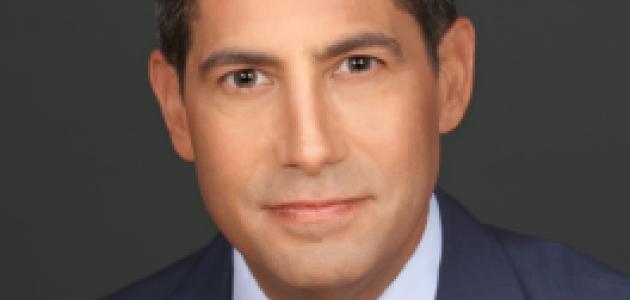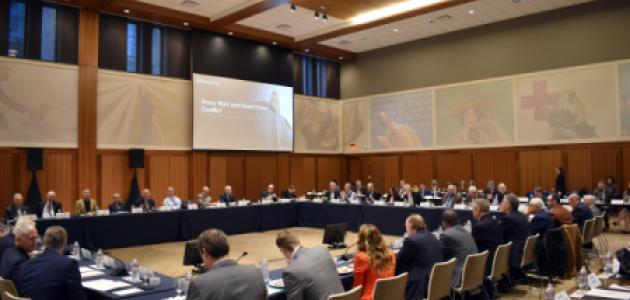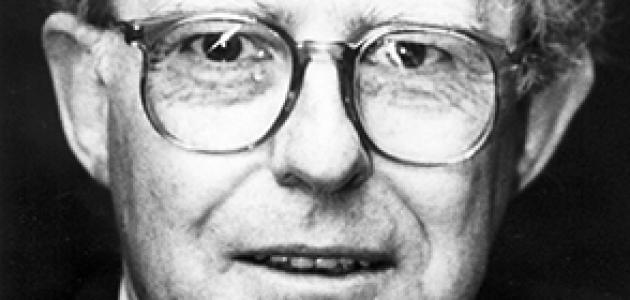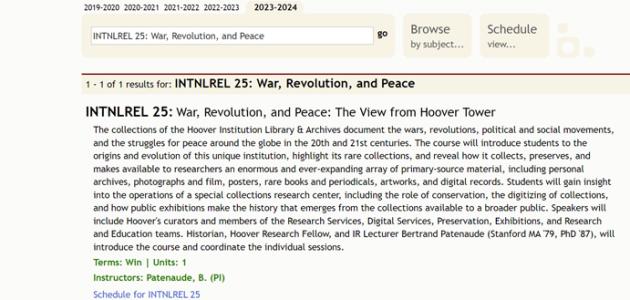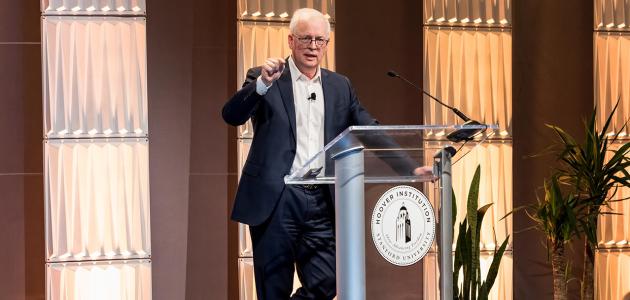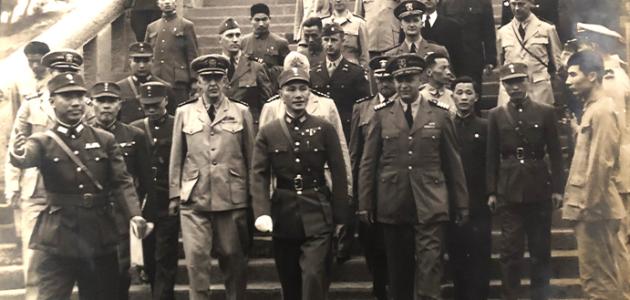Each summer during the past five years Hoover research fellow Paul Gregory has led the Hoover Soviet Archives Workshop at the Hoover Institution to study its unique archival holdings on the USSR and Communist party. According to Gregory, the collection “offers so many things that have never been seen before. We are just beginning to scratch the surface. The collection itself contains some ten million pages of official documents, all of which were secret during the Soviet period.”
Oxford historian and author Robert Service, a regular participant in the workshops, noted that “some of the materials available at the Hoover Institution are no longer available at the Moscow archive or are difficult to access.” Workshop participants report that they collect at least ten times as many documents at Hoover as they do in Moscow for the same period of time.
Gregory, who began using the archives in 2000 to gather research material, soon realized what a treasure trove it was and began sending his graduate students and young Russian historians to do research there. In 2003 he organized the first workshop, with five participants. Since 2003 the number of participants has grown and this year the number has tripled and now includes established scholars as well as graduate students.
The workshops’ purpose is to gain a better understanding of how the Soviet economic, political, and social system worked and to shed light on the 15 countries that emerged from what was then the USSR. In addition to the participants’ research and sharing of ideas, the workshops have yielded numerous publications that provide insight into the Soviet communist dictatorship: 40 articles, 10 books (three of which have won international awards), including the internationally recognized seven-volume History of Stalin’s Gulag and The Political Economy of Stalinism and the forthcoming book by Gregory titled Lenin’s Brain and Other Tales from the Secret Soviet Archives (Hoover Institution Press, 2007).
This summer’s participants included Golfo Alexopolous, associate professor, Florida International University; Eugenia Belova, Hoover national fellow; Michael Ellman, professor, University of Amsterdam; Simon Ertz, Ph.D. candidate, Stanford University; Michel Fulop, professor, Corvinus University, Budapest; Mark Harrison, Hoover distinguished visiting scholar and professor, Warwick University; Valery Lazarev, Hoover national fellow; Andrei Markevich, Marie Curie fellow, University of Warwick and assistant professor, New Economic School, Moscow; Dina Moyal, Ph.D. candidate, Stanford University; Arfon Rees, professor, European University Institute; and Robert Service, professor, Oxford University.




